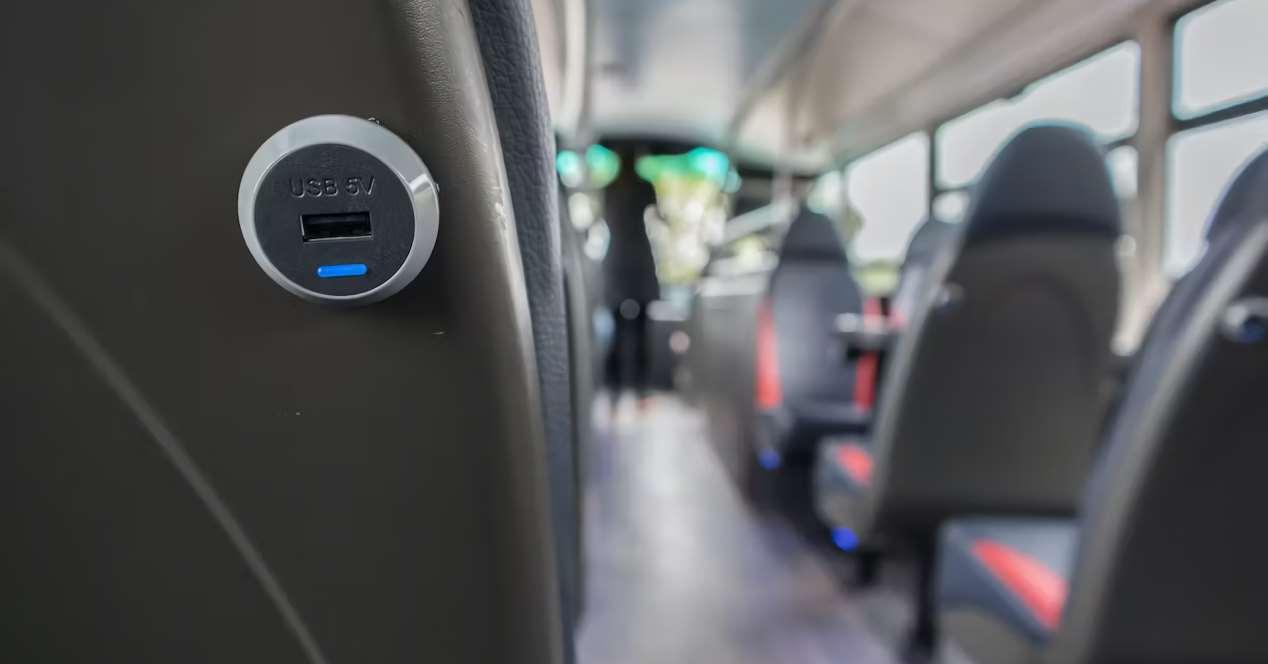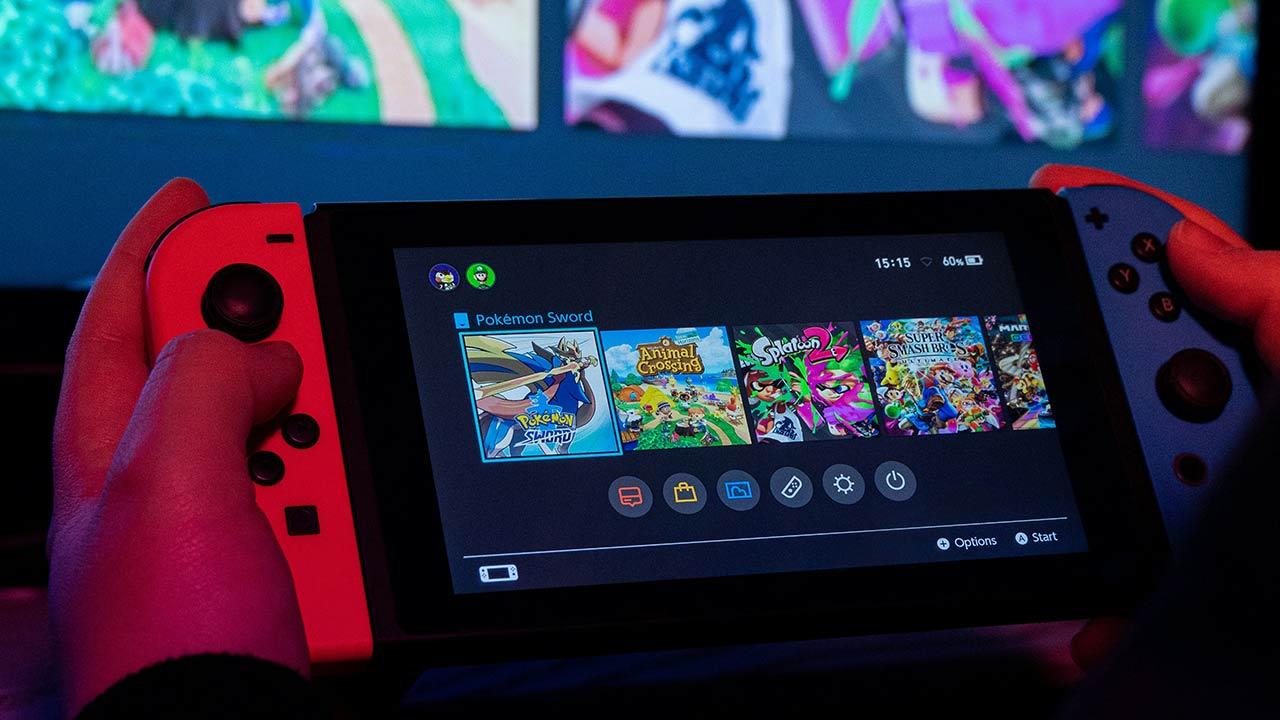It usually happens to us, for one reason or another we have not been able to charge the laptop or mobile at home and suddenly we find that we have to find an outlet or at least a USB port to charge it. However, you should be careful while connecting your device and regardless, we should inform you that there is some level of danger.
The dangers of connecting your laptop to a public USB drive to charge it
The reason is simple, and it may seem like a conspiracy and therefore worthy of a silver cap, but it’s important to keep in mind that there are more and more laptops that use the USB port -C to charge and you have to keep in mind that this interface is not only used for energy transfer and in the same way that you can connect an external storage unit to your PC and see its information, the same thing can happen otherwise and it’s not something that requires extremely expensive hardware, moreover, it can be done even with a low cost Rasbperry Pi or MiniPC.
Obviously, unless the owner of your favorite cafeteria where you go to relax with your PC is a bad person they forced it or some hopeless gossip, obviously they are not going to add intermediate material to sniff our PC via USB charging ports. However, things are changing in places like airports, train stations and other state-controlled places, where processing citizens’ information to uncover incriminating evidence for any crime is important for the security of every country, but that does not mean not only happen in dictatorships, but also in first world countries that theoretically enjoy full democracy.
In fact, any device connected to a charging port can be tracked and recovered. This is why the EU is obsessed with forcing the USB-C charging port on all devices under the guise of accumulated e-waste.
How are USB charging stations modified to steal data?
In theory, when there is a transfer of information from one system to another, the user must be notified. Unfortunately, there are methods that make this never happen and data can be stolen from a PC in subtle ways without the knowledge of the PC. The problem with all of this is that the operating system trusts the USB port too much and believes its lies. Not in vain, the device at the other end can tell you that it is of one type, for example: a keyboard, and work perfectly like another, and this is one of the biggest sources of what we usually call Juice Jacking
- They can access information from your user records, as well as your contact list and even sensitive financial information.
- One of the capabilities is to install very light applications without GUI or text that will always stay active on your PC and will continue to send information as soon as you connect to the Internet.
- They can log keystrokes in order to discover the password.
The way they do this is by using modified USB cables, so don’t trust any public charging port that comes with such a cable. Our advice to all of this? Take a PowerBank with you in your suitcase in case you run out of battery in your laptop.








